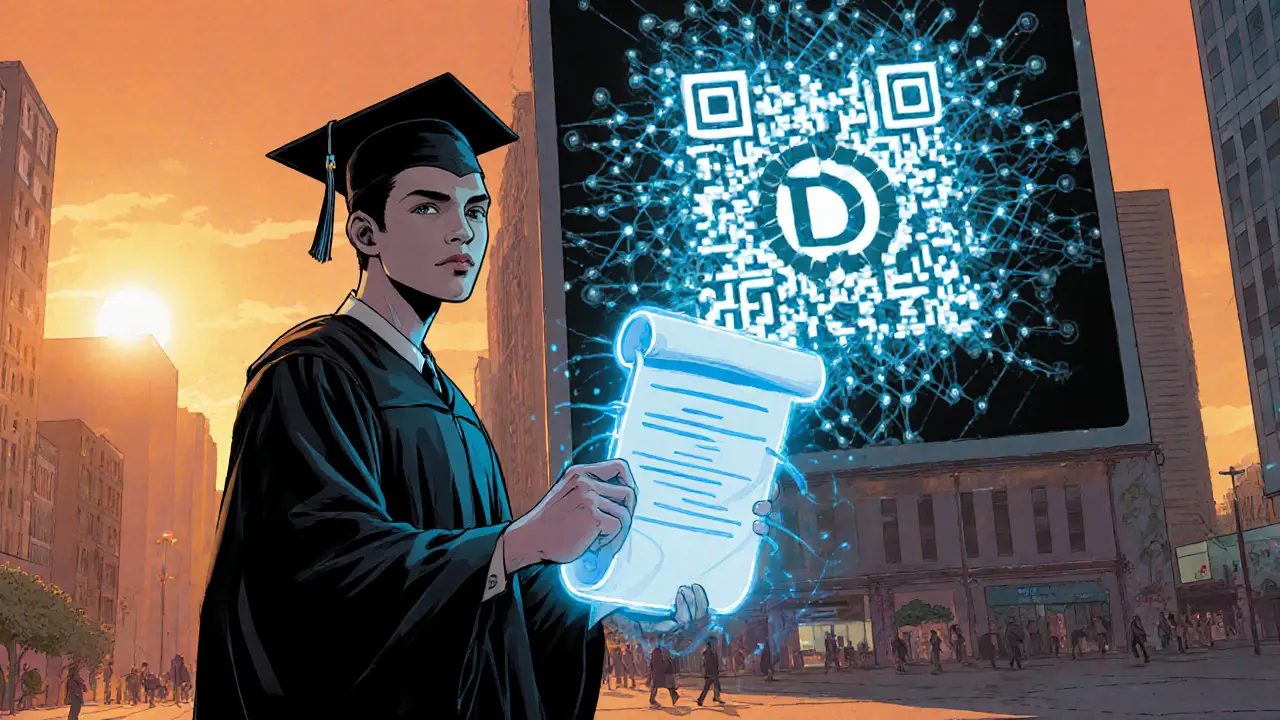Self‑Sovereign Identity Explained
When working with self‑sovereign identity, a model that puts ownership of personal data back in the hands of the individual. Also known as SSI, it lets you control who sees your identity information and for how long. Decentralized identifiers, or DIDs, are the technical building blocks that let SSI operate without a central registry. A DID is a globally unique identifier that lives on a blockchain or other distributed ledger. Verifiable credentials act like digital passports: they prove facts about you (age, degree, membership) and can be cryptographically checked without exposing the underlying data.
Why the ecosystem matters
Self‑sovereign identity requires verifiable credentials to give meaning to a DID, and blockchain enables both by providing an immutable audit trail. The relationship is simple: a DID points to a set of public keys, those keys sign credentials, and anyone can verify the signature without asking a third party. This trio—DID, credential, blockchain—forms the core of the SSI stack and drives privacy‑by‑design. Because the data never lives on a single server, regulators see less risk of mass breaches, and users enjoy greater control over consent. In practice, companies use SSI to streamline KYC checks, governments issue digital IDs, and developers embed trust into supply‑chain apps. The model also meshes with broader concepts like digital wallets, zero‑knowledge proofs, and decentralized finance, creating a cross‑industry fabric where identity is a reusable asset rather than a siloed form.
What you’ll see next is a collection of articles that dive into real‑world SSI use cases, compare exchange compliance tools, break down airdrop security, and unpack how immutable blockchain records support identity data. Whether you’re a trader worried about privacy, a developer building a DApp, or just curious about the future of online trust, the posts below give you practical steps, concrete examples, and actionable advice to start leveraging self‑sovereign identity today.
Explore how Verifiable Credentials and Decentralized Identifiers (DIDs) create tamper‑proof, self‑sovereign digital IDs, with real-world use cases, technical layers, and future trends.

